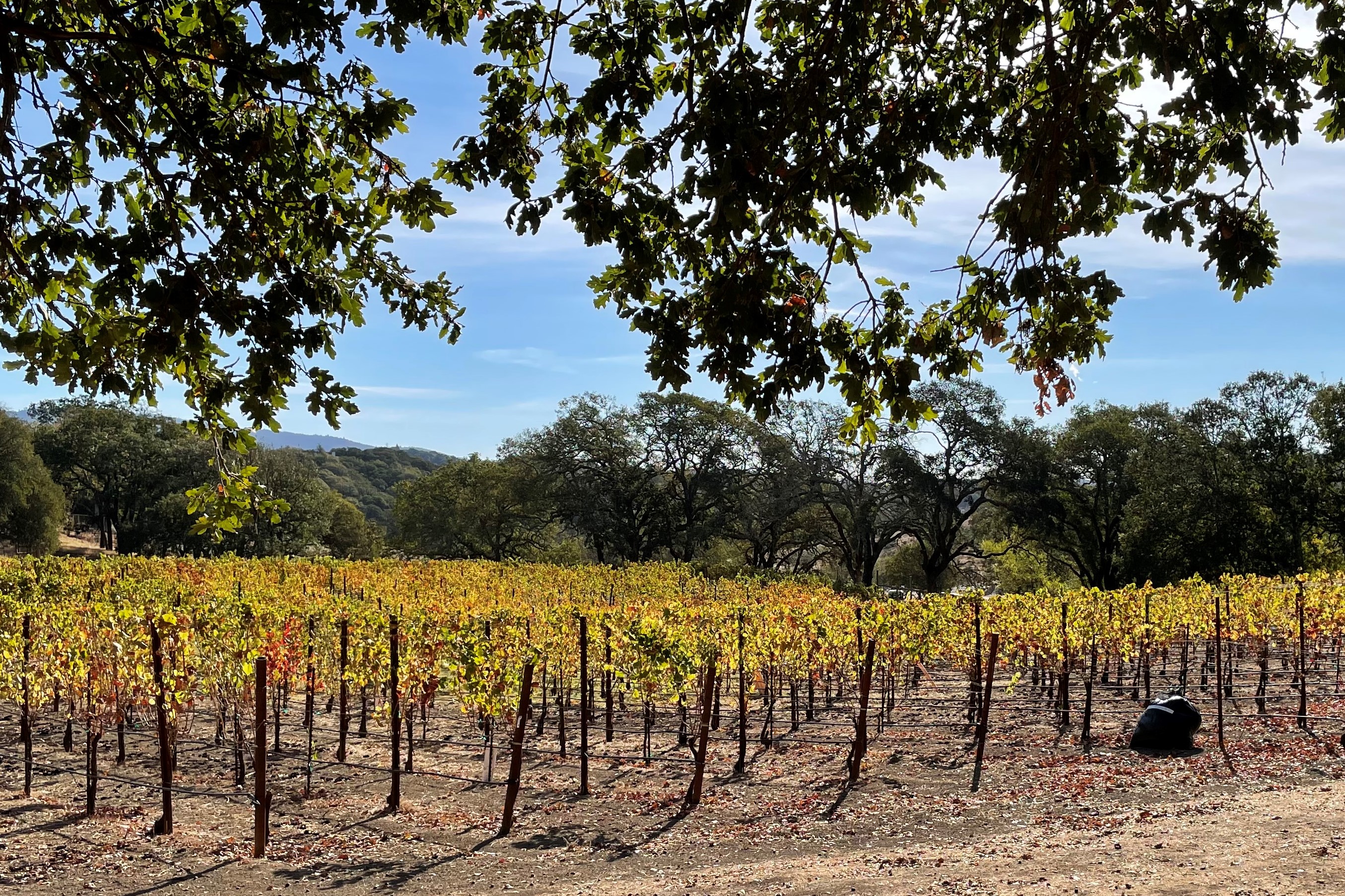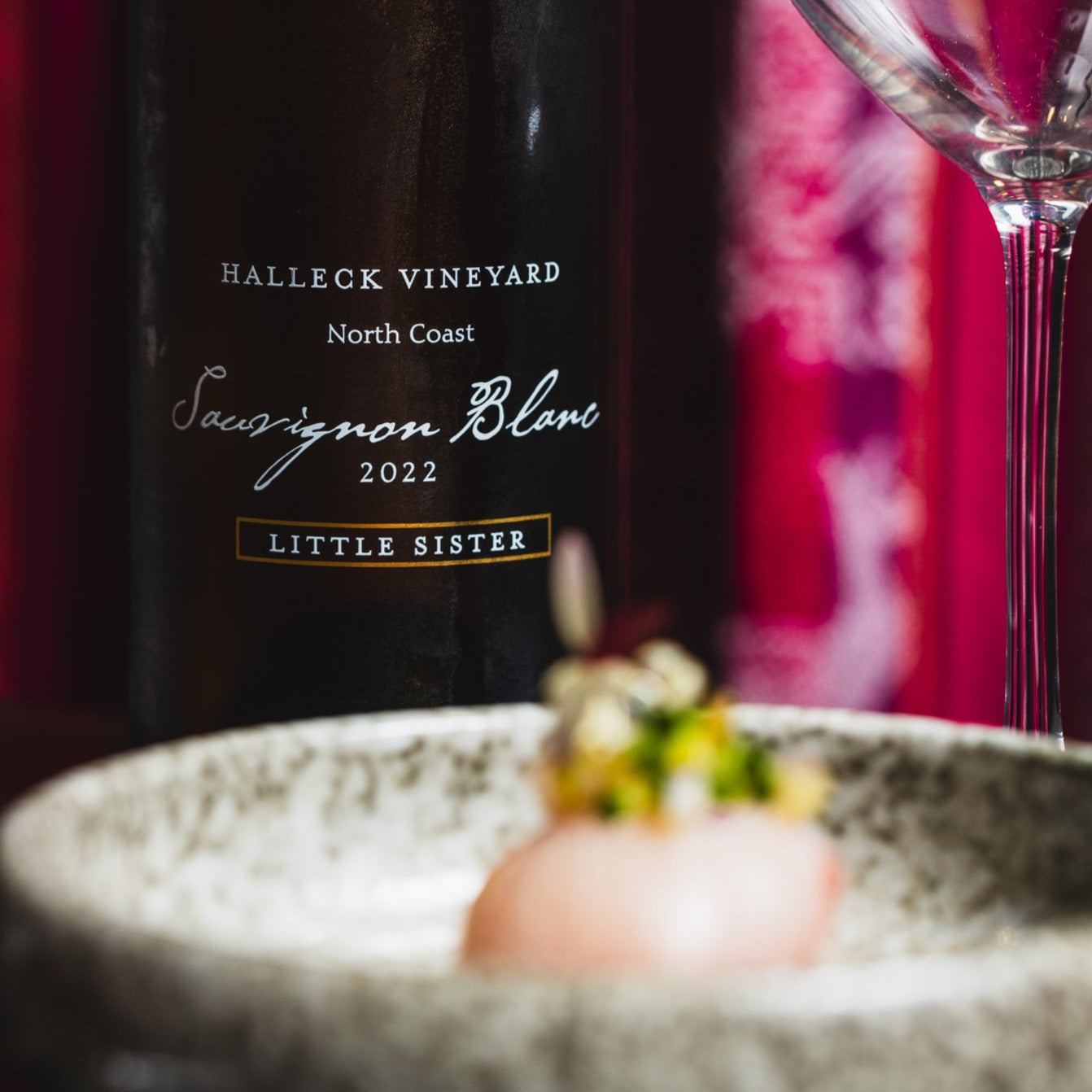Wineries Offering Charcuterie And Wine Pairings - Sonoma County Wine Tasting Locations
Wineries Offering Charcuterie And Wine Pairings - Sonoma County Wine Tasting Locations
Blog Article
Local Favorite Wineries In Sonoma - Discovering Sebastopol's Wineries
Visiting a winery for a wine tasting can be an enchanting experience, particularly when you know how to maximize the opportunity with tasting notes. These notes serve as a guide to understanding the complexities of the wines you sample and help in forming a deeper connection with every pour. Using tasting notes can rework your experience, allowing you to savor not simply the taste but additionally the story behind each bottle.
Each wine has a singular profile influenced by grape variety, terroir, and winemaking techniques. Understanding these elements can improve your appreciation of the wine. When you're given a tasting menu or a flight of wines to sample, take the time to read through any descriptions supplied (Remarkable Craft Wineries In Sebastopol). This initial overview can set the tone and expectations on your tasting experience.
Start your wine tasting by observing the wine in your glass. The color can reveal lots concerning the wine’s age and varietal. Take notes on the hue, readability, and viscosity. A well-structured tasting note typically contains this visual evaluation as it varieties the inspiration of your analysis. While it could appear trivial, the visible side is crucial in wine tasting.
Wineries With A Focus On Syrah - Vineyards Near Sebastopol
After your visible assessment, it is time to take a gentle whiff. Swirl the wine in your glass to aerate it, releasing its aroma. This is the place tasting notes turn into significantly valuable. Make notes concerning the totally different scents you detect—fruits, spices, or floral hints. Figuring Out these aromas will allow you to put words to the intrinsic complexities of the wine you are sampling.
The next crucial step is the tasting itself. Take a small sip and let the wine roll over your palate. Note the flavors you experience. Are they sweet or tart? Where does your palate detect every flavor? Some wines could present instant sweetness followed by a tannic end. Use your tasting notes to document these layers, making a roadmap of your sensory experience.
Consider additionally the mouthfeel of the wine as you taste. Is it clean, crisp, creamy, or maybe tannic? This textural quality significantly influences the general enjoyment and impression of the wine. Observing the mouthfeel can reveal the quality and craftsmanship behind the winemaking course of.
It's beneficial to check different wines as you style them. If you're sampling a flight with contrasting varietals, make an observation of the differences you understand. How does the acidity range from one wine to another? Which wine feels fuller, and which is more refreshing? This comparative exercise deepens your understanding and helps sharpen your analytical skills.
Wineries Known For Their Beautiful Gardens - Wine Tours And Tastings In Sebastopol

Interact with the winery employees whereas tasting. Knowledgeable hosts often share insights about the vineyard's history, the precise vintage, or the winemaking philosophy, enriching your appreciation of the wine. Don't hesitate to ask questions that pique your curiosity based in your tasting notes. Many hosts take pleasure in discussing their wines and might offer a wealth of knowledge that isn’t available from printed supplies. Wineries Ideal For Romantic Getaways.
Hold in mind the seasonality of wines as you style. Different wines evoke various moods and pair nicely with distinct culinary experiences. Take notes on the way you would possibly get pleasure from a selected wine with food. This not only provides context to your tasting notes but in addition aids future choices and purchases.

Another useful tip whereas utilizing tasting notes at a winery is to document your impressions instantly. As wines can mix and create a uniform flavor reminiscence, jotting down your ideas promptly ensures a extra accurate reflection of your experience. Use adjectives that resonate with you, crafting a personal vocabulary to describe every wine primarily based on your preferences.
After completing the tasting, review the notes you’ve taken. Replicate on which wines stood out to you and why. This reflection reinforces your tasting experience and highlights what you might seek in future purchases. If you have famous specific aromas or flavors that captivated you, this data empowers click for more you to select wines that align along with your palate.
Intimate Wine Tasting Experiences In Sonoma - Sebastopol's Vibrant Wine Scene
Wine tasting also can function a chance for socializing. Sharing your tasting notes with companions can ignite participating discussions on flavors, preferences, and impressions. This communal facet of wine tasting usually enhances the experience, cementing lasting memories that you can recall with a cup of wine in hand.
In conclusion, utilizing tasting notes at a winery wine tasting can considerably enhance your experience. By observing the visual aspects, aromas, flavors, mouthfeel, and even the tales behind the wines, you create a wealthy tapestry of notes that may guide your future wine experiences. Partaking with the staff, comparing wines, and reflecting in your impressions will deepen your appreciation for the art of winemaking. Each tasting is a chance to discover and join with wines in exciting new methods. With practice, your tasting notes will evolve, turning into a cherished component of your wine journey.
Exclusive Wine Clubs In Sonoma - Best Vineyard In Sonoma
- Start by familiarizing your self with the winery's tasting notes; they normally describe the wine’s aroma, flavor profile, and finish, offering a useful framework.
- Use your senses of sight and odor earlier than tasting; swirl the wine in your glass, observe its shade, and inhale its bouquet to capture the wine's initial traits.
- When tasting, take a small sip and let the wine coat your palate; give attention to the primary flavors and any secondary notes which will emerge, similar to fruit, spice, or earthiness.
- Pay consideration to the feel and mouthfeel of the wine; is it clean, tannic, creamy, or crisp? This side can considerably enhance your understanding of the wine.
- Evaluate the tasting notes together with your sensory experience, noting any similarities or discrepancies, which may deepen your appreciation of every wine’s complexity.
- Think About the wine’s getting older potential by analyzing its construction and steadiness; some wines may be enjoyable now, while others could evolve fantastically over time.
- Take notes in the course of the tasting; recording your impressions might help you remember every wine better and refine your palate for future tastings.
- Engage with the tasting employees; ask questions about the wine production course of, grape varieties, and the specific notes you're detecting to boost your knowledge and experience.
- Discover pairing ideas alongside your tasting; understanding which foods complement the wine can enrich each the tasting experience and your appreciation for the wine's nuances.
- Respect various preferences among your group; wine tasting is subjective, and inspiring open dialogue about particular person tastes can result in a more enjoyable and informative experience.undefinedWhat are tasting notes, and why are they important at a wine tasting?undefinedTasting notes are descriptions of the flavors, aromas, and total impressions of a wine. They are essential as a result of they guide your palate and enhance your understanding of the wine's characteristics, serving to you recognize different varieties and styles.
How should I take notes during a wine tasting?undefinedYou ought to focus on key elements such as aroma, flavor, physique, acidity, and finish. Use a structured format or template to categorize your ideas and write down your impressions instantly after tasting. This helps you remember your ideas later.
Can I use my own words to describe a wine, or ought to I stick to plain tasting terms?undefinedYou can completely use your own words to describe a wine. While normal tasting phrases may help convey specific qualities, personal descriptors add authenticity to your notes and can make your wine experience extra enjoyable and relatable.
Should I focus on specific flavors in the wine or the overall experience?undefinedBoth aspects are important. While specific flavors assist you to establish the unique characteristics of a wine, the general experience encompasses how all components combine—creating a more holistic understanding of the wine.
Wineries With Locally Sourced Food Options - Sonoma’s Lush Vineyard Landscapes
What if I can't determine sure aromas or flavors during a tasting?undefinedIt’s common to have difficulty figuring out specific tastes or scents. Don’t hesitate to ask for assist or steering from the employees at the winery. They can provide insights and help refine your palate over time by way of practice.
How can I use tasting notes to choose wines in the future?undefinedBy reviewing your tasting notes, you'll have the ability to determine your preferences and trends in your wine selections. This permits you to choose wines that align along with your palate in future tastings and purchases, making your experience extra enjoyable.
Is it acceptable to check wines throughout a tasting?undefinedSure, comparing wines may be beneficial. It helps spotlight the variations in flavor profiles additional resources and attributes, permitting you to develop a deeper appreciation and understanding of each wine's unique qualities.
What should I do if I disagree with the tasting notes offered by the winery staff?undefinedDisagreement is a natural a part of wine tasting! Use it as a chance to discuss your impressions with the workers; they'll present additional context or details about the wine, which may enrich your experience.
Wineries In Green Valley - Sonoma Wine Country Wineries To Explore
How should I arrange my tasting notes after the event?undefinedAfter the tasting, manage your notes by wine type, producer, or personal preference. Consider making a digital or bodily journal which may be referenced for future tastings and wine alternatives, making it simpler to recall your experiences. Report this page